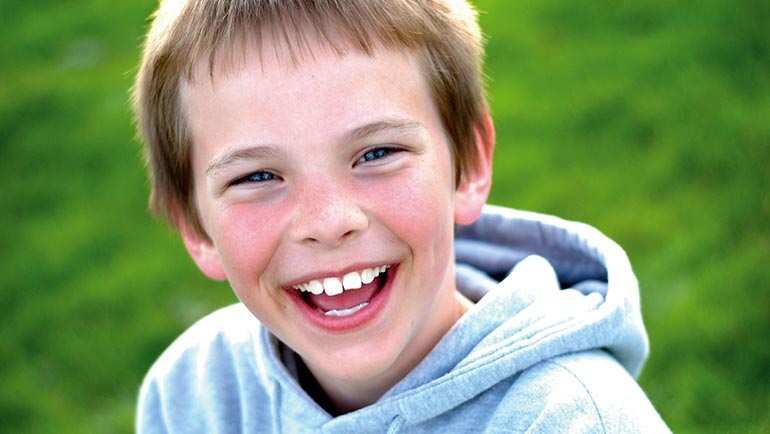1. Managing and coping with situations
Remember that almost everyone feels anxious at times so the best way to help them is to help them manage and cope with anxiety and not feel they have to eliminate it altogether
So, don’t keep asking them if they are ok or if they can manage or if they are feeling anxious or worried about changing class for example. It only puts an anxious idea into their head or possibly strengthens the feeling. If you want to initiate a discussion about the subject you could try asking them the open ended question ‘how are you feeling about going into your new class?’
If they are worried, you could think of some situations where they have been worried about something in the past and how, after a little while, they learned to be more relaxed and confident about it. Generally it’s very empowering to talk about things that they have managed well even if they were afraid at first.
2. Give them confidence reminders instead of over protecting them
Try to avoid the trap of over protecting them and removing them from any situation which is a bit worrying. Instead, find ways to boost their confidence and give them ideas on how to deal with things that they don’t much like eg ‘When you go into the classroom and you want to feel a bit more confident, remember the time when you did that amazing dance routine / scored the winning goal and everyone started clapping you! Each time you remember it you can get a bit of that amazing, ‘clapping’ feeling inside and feel so much more confident!
3. Be careful with your language
I hear lots of parents saying that their children have had panic attacks or major panics over something at school whereas in truth they were just feeling worried or a bit nervous. And feeling a bit worried or nervous is not the same thing as ‘panicking’! A panic attack is much more about feeling overwhelmed by fear and a sense of losing control.
Another way to be careful with language is not to talk about your child’s anxiety in front of them to others in terms of ‘Sarah has always been an anxious child’ or ‘Sophie is always terrified of dogs’ or ‘Tom is always nervous when he has to speak in class’. These kinds of comments can reinforce a child’s perception of themselves as an anxious person. If a child is constantly hearing themselves described in a particular way they very often live up to the expected reputation!
4. Catch them doing something well and give them a bit of praise
Give them some praise or just a positive comment when you see them or hear them doing something confidently eg ‘You sounded really confident when you ordered your pizza. And you gave the waitress a really nice smile too!’ or ‘I was really proud of you when you decided to go to the party even though you didn’t know anyone else there’.
5. Avoid encouraging anxious behaviour through ‘overdoing the comforting’
This one can be more difficult to do at first but is worth taking note of. Don’t go overboard on hugs and cuddles when your child is nervous as it can encourage the nervous behaviour if it happens too much. At the unconcious level they are receiving a ‘reward’ for being anxious.
Of course please understand that I am NOT saying you should ignore them when they need comfort. Naturally you will give them some comfort but, as I say don’t make it too OTT! Instead, look out for occasions where you find them doing something confidently and give them a hug and some praise then.
Actually a little rub or pat on the upper arm when they are doing something confidently is often even more beneficial than words because this is received as reward at the unconscious level.
6. Retelling scary stories from the past can reinforce fear
Best not to keep retelling scary stories from the past eg don’t tell them the story over and over again about how a dog jumped up at them when they were in their pushchair and they have been panicking ever since. It very easily becomes part of their ‘life story’ even though they don’t actually remember it themselves … they are remembering the story they’ve been told over and over as they’ve grown up!
Of course if you slant the story in a different way and tell them how brave they were when the dog jumped up you will be encouraging a much more positive reaction!
7. A little extra help can work wonders!
If your child needs a little extra help, have a look at these CDs / MP3s specially written and recorded to help overcome anxiety and build their confidence. There are titles for all ages but have a look at these.
https://www.firstwayforward.com/product-category/young-children/
Let your worries fly away
Be confident, Be Brave, Be strong
https://www.firstwayforward.com/product-category/teenagers/page/3/
Let go of anxiety
https://www.firstwayforward.com/product-category/teenagers/
Confidence: Believe in yourself



